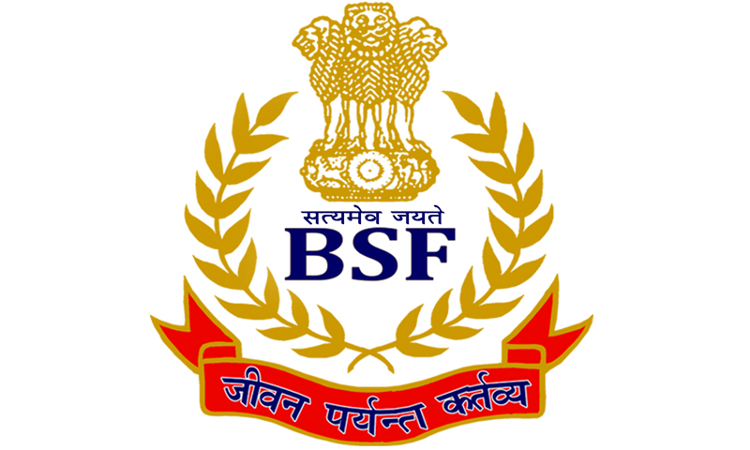Explainer: Law On Border Security Force's Enhanced Powers In Border States
Sneha Rao
15 Oct 2021 8:27 PM IST

Next Story
15 Oct 2021 8:27 PM IST
The Ministry of Home Affairs recently extended the jurisdiction of the Border Security Force ('BSF) in the states of West Bengal, Assam and Punjab- a move that has invited criticism from the states of Punjab and West Bengal Government for violating the federal structure and infringing the rights of the state police. States have argued that since law and order is a state subject, BSF's...
